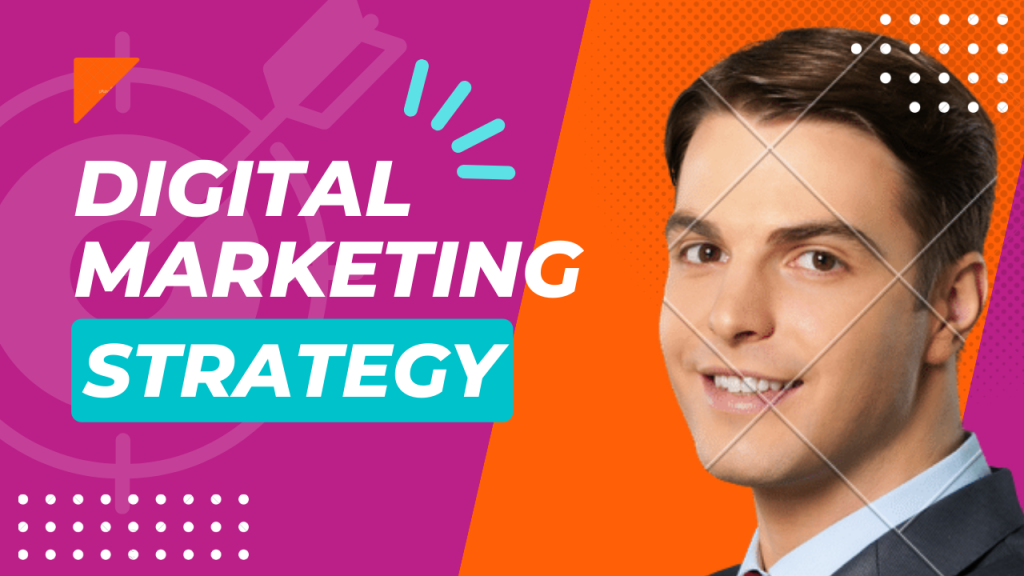Social Media
What is Social Media.

Social media refers to online platforms and technologies that allow individuals, organizations, and communities to create, share, and interact with content, ideas, and information in a virtual social environment. It enables users to connect with others, express themselves, and engage in various forms of communication through digital means.
Social media platforms provide a wide range of features and functionalities that facilitate communication and networking. These platforms can include:
1. Social Networking Sites: Platforms like Facebook, LinkedIn, and Google+ enable users to create personal profiles, connect with friends, colleagues, and other users, and share updates, photos, videos, and links.
2. Microblogging Platforms: Twitter is a popular microblogging platform where users can share short messages, known as tweets, with their followers. It allows for real-time information sharing and interaction.
3. Media Sharing Networks: Platforms such as Instagram, Snapchat, and YouTube focus on sharing visual content like photos and videos. Users can upload, edit, and share their media with their followers or the public.
4. Professional Networking Sites: LinkedIn is a professional networking platform used for building professional connections, showcasing work experience, and exploring job opportunities.
5. Discussion Forums and Communities: Platforms like Reddit and Quora enable users to participate in discussions, ask questions, and share knowledge on a wide range of topics. Users can post queries or contribute answers and engage in conversations with other users.
6. Blogging and Content Sharing Platforms: WordPress, Blogger, and Medium are examples of platforms where users can create and publish blog posts, articles, and other forms of written content.
7. Messaging Apps: Messaging platforms like WhatsApp, Facebook Messenger, and WeChat allow users to send private messages, make voice or video calls, share media, and create group chats.
Social media plays a significant role in digital marketing strategies. It offers a powerful platform for businesses to connect with their target audience, build brand awareness, engage customers, drive website traffic, and generate leads. Here are some key ways social media is used in digital marketing:
1. Brand Building and Awareness:
– Businesses can create and maintain an active presence on social media platforms, sharing branded content, updates, and information about their products or services.
– By consistently posting valuable and engaging content, companies can increase brand visibility and awareness among their target audience.
– Social media also allows businesses to showcase their brand’s personality, values, and unique selling points, helping to differentiate themselves from competitors.
2. Audience Engagement and Communication:
– Social media provides a direct and interactive channel for businesses to engage with their audience, respond to inquiries, address concerns, and build customer relationships.
– Through comments, direct messages, and social media groups or communities, businesses can foster conversations and gather valuable feedback from customers.
– Social media platforms also facilitate sharing user-generated content, testimonials, and reviews, enhancing social proof and credibility.
3. Content Distribution and Promotion:
– Social media platforms are ideal for sharing and promoting content such as blog posts, articles, videos, infographics, and other valuable resources.
– Businesses can leverage social media to reach a wider audience, increase content visibility, and drive traffic to their website or landing pages.
– Paid social media advertising options allow for targeted content promotion to reach specific demographics or user interests.
4. Lead Generation and Sales:
– Social media can be used as a lead generation tool by directing users to dedicated landing pages or capturing leads directly through lead generation forms.
– Businesses can leverage social media advertising to target specific audiences based on demographics, interests, behaviors, or retargeting.
– By providing enticing offers, discounts, or exclusive content, businesses can encourage social media users to take desired actions, such as signing up for newsletters or making a purchase.
5. Influencer Marketing:
– Social media influencers have gained significant popularity, and businesses often collaborate with them to reach their target audience effectively.
– Influencers can endorse products or services, create sponsored content, and engage their followers, driving awareness and conversions for brands.
6. Analytics and Insights:
– Social media platforms offer analytics and insights tools that provide valuable data about audience demographics, engagement metrics, content performance, and ad campaign effectiveness.
– By analyzing these metrics, businesses can measure the impact of their social media efforts, identify trends, and make data-driven decisions to optimize their strategies.
It’s important for businesses to develop a social media marketing plan that aligns with their overall marketing objectives, target audience, and brand voice. By leveraging social media effectively, businesses can enhance their digital marketing efforts, build relationships with customers, and drive business growth.
Social media has transformed the way people communicate, share information, and interact with each other. It has become a significant part of modern digital culture and has implications for personal relationships, business marketing, news dissemination, and social activism. Users can engage with social media by creating and consuming content, following and interacting with others, joining groups and communities, and participating in discussions.
Organizations and businesses also utilize social media platforms as a part of their marketing and communication strategies. They leverage social media to reach a broader audience, engage with customers, build brand awareness, and gather feedback and insights.
It’s important to note that while social media offers numerous benefits, it also presents challenges related to privacy, misinformation, cyberbullying, and the potential for addiction. Users are encouraged to practice responsible and mindful usage of social media platforms.
Post Categories
Outline Project
Digital Marketing
Social Media Marketing
Website designing
Collaboration
Collaboration tips
Digital Marketing company
Email Marketing
PPC Marketing
SEO Services
Digital Marketing Delhi
SEO Marketing in delhi
Visual Identity in Delhi
Website Designing in Delhi
Publishing Design
Outdoor
Object & Volume
SEO & SMO
Visual Identity

